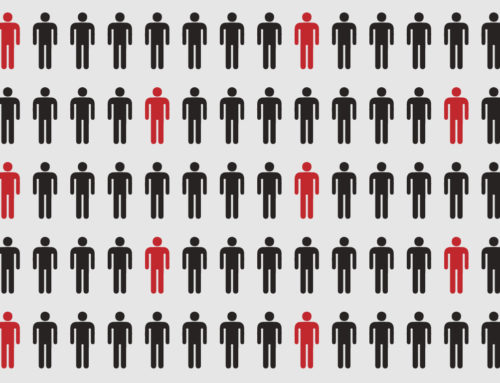We have divided our study of the political theory of G.R.R. Martin’s A Song of Ice and Fire into a series of discussions, each one focusing on a single character. Why this character by character approach?
First and foremost, A Song of Ice and Fire itself is told from the perspectives of its characters, each chapter is presented from the point-of-view of one of them and named accordingly. G.R.R. Martin clearly puts the characters front and center in his work, and we intend to follow his lead.
Moreover, we think this method follows naturally from the way we read his works. As in any novel, the political insights of Martin’s saga come in three general forms, corresponding to 1) the argument of the text, 2) its action, and 3) the interplay between them.
In A Song of Ice and Fire, the first kind of insight, that in argument, can be found mostly in the speeches of the books, the things uttered (or sometimes thought) by the various characters. So, for example, Tywin Lannister might teach a lesson about kingship to his grandson, Joffrey, as he does in Chapter 53 of A Storm of Swords: “When your enemies defy you, you must serve them steel and fire. When they go to their knees, however, you must help them back to their feet. Elsewise no man will ever bend the knee to you. And any man who must say ‘I am the king’ is no true king at all.” The reader is here afforded a glimpse of what makes Tywin Lannister such an impressive political actor – he knows how to make men serve him. His lesson is not that cruelty should be tempered by mercy or kindness, but that it should be tempered by considerations of efficacy. If cruelty weakens a ruler, then it should be brought to an end.
The second kind of insight, that in action, is to be found mostly in the events of the story, the choices made by the characters and the consequences of those choices. An example of this is to be found in the later parts of A Storm of Swords, particularly when Daenerys Targaryen is faced with the realities left in the wake of her conquests. The “Mother of Dragons” has gone from city to city in the region of Slaver’s Bay, conquering them and liberating the legions of slaves that are their lifeblood. She has come to regard herself as a great emancipator. But when Danaerys reaches and conquers the city of Meereen, the third of the great slave cities, she learns of the fates that have befallen the previous two cities, Astapor and Yunkai, since she has left them. The council that she had installed to rule Astapor has been killed and replaced by a vicious butcher (literally, a butcher) named Cleon. The city of Yunkai has already begun to reorganize against her. And even Meereen, the city in which she has just liberated the population, is in a condition other than what she expected; Daenerys learns with shock that vast numbers of Meereenese have flocked to the riverside, hoping to be sold back into slavery. The action of the story therefore serves to instruct Daenerys, as well as the reader, that human beings are not so malleable as she thought. They are also not so grateful as she might have liked, nor do they see their liberty as an unmitigated blessing. This is a provocative insight – that many men want to be ruled.
The third kind of insight, that which is presented through the interplay of argument and action in the book, can be found throughout the books. Often the context in which a speech is given modifies the meaning of that speech. And, sometimes, events in the books prove the veracity or lack thereof in a given speech. Take, for example, Joffrey’s fate in A Storm of Swords – he is poisoned and dies during his own wedding feast. The manner of Joffrey’s death, the pitiful length of his reign as king (less than two years), the immense number of individuals with obvious motives to have been the one whodunnit, and the fact that, other than his mother, Cersei, practically everyone in the book thinks that Joffrey deserved his horrid end, many of them even celebrating it – all of these aspects of the event serve to confirm the wisdom of what his grandfather, Tywin, had tried to teach him earlier in the same book. A king who is simply cruel will not be effectively loved or feared by his subjects and competitors, he will be reviled by them, and he will probably not last long for it. This insight about cruelty is not a moral one, it is one about good rule, where good rule consists in the security and aggrandizement of the ruler.
All of these kinds of insights center on the characters. The characters make the speeches in the books, as well as the choices. They are the principal agents of both the arguments and the action, the political actors in this tale of grand politics. By structuring our inquiry into the series’ political insights around the characters, we keep that dramatic context firmly in our minds.
Return to the main hub for discussion of the politics of A Song of Ice and Fire here.
(Image: Symbols of the Seven Noble Houses by twipzdeeauxilia, distributed under a CC BY-SA 2.0 licence. Via Flickr.)










Leave A Comment